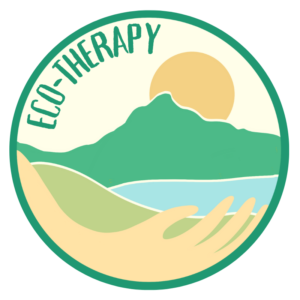Have you ever experienced the rejuvenating effect of a leisurely stroll in the park or a retreat to the wilderness, feeling a sense of completeness and relief from the stresses of daily life?
Naturalist Edward O. Wilson attributes this phenomenon to our intrinsic connection with nature, as elucidated in his “Biophilia hypothesis.” However, in today’s world, human interaction with nature is increasingly limited. The rise of industrialization and the pervasive influence of technology, particularly among younger generations, underscore a growing disconnect from nature and an ignorance of the ecological challenges we confront.
Enter initiatives like the Mind Meanwhile Wildlife Garden in London, which adopts an eco-educational approach to its activities. Eco-education, characterized by a holistic emphasis on reconnecting with nature, counters the pervasive eco-alienation resulting from its absence. Here, ecotherapy and eco-education intersect, forming the cornerstone of individual growth and healing, encompassing the body, mind, and spirit.
This holistic model revolves around three primary elements: the participant, the educator/therapist, and nature as a co-educator. Through interdependent growth, both individuals and nature thrive, fostering physical, psychological, and social well-being.
To explore further into the eco-educational model and its symbiotic relationship with ecotherapy, as exemplified by initiatives like the Mind Meanwhile Wildlife Garden, consider the article by Pedretti-Burls (2007) titled “Ecotherapy: A therapeutic and educative model” in the Journal of Mediterranean Ecology (Vol. 8, pp. 19-25).
Education and nature are inherently intertwined, offering boundless opportunities for growth and healing.
(Adapted from: Pedretti-Burls, A. (2007). Ecotherapy: A therapeutic and educative model. Journal of Mediterranean Ecology, 8, 19-25.)

